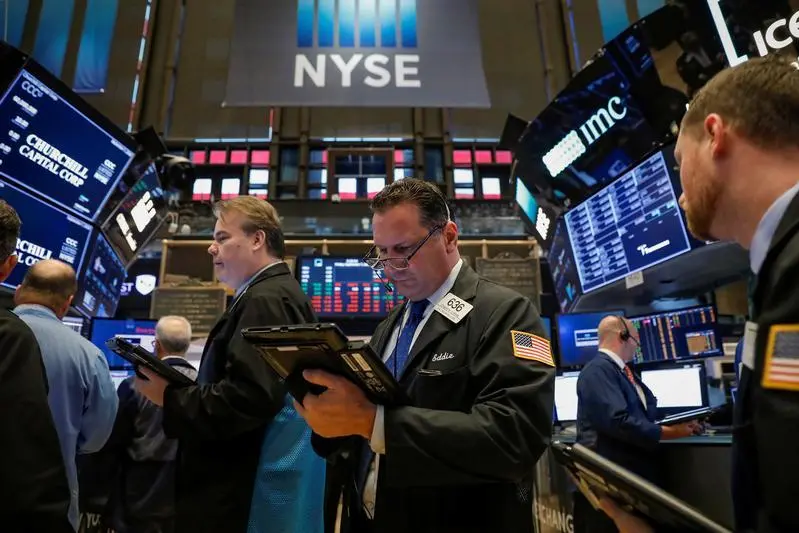PHOTO
NEW YORK - Beyond Meat’s public offering could go from rare to charred. Prospective shareholders in the maker of plant-based burgers and sausages could get a taste of rapid growth, top-notch leaders and a way to address the globe’s looming food crisis. But there’s also a risk of getting burned.
Revenue in the first nine months of this year sprouted by 167 percent from the same period last year, having doubled between 2016 and 2017. Costs are rising rapidly, too, but at 77 percent, look manageable.
Founder and boss Ethan Brown reckons the U.S. plant-based meat market can follow a similar path to soy and almond milk and the like. Their sales now equate to 13 percent of the traditional dairy business. Similar success for his industry would mean $35 billion of industry revenue. Overseas markets where $1.4 trillion of meat is sold each year offer an even bigger opportunity.
At present, Brown’s company is losing money. But if revenue were to grow 150 percent a year for the next five years, it could be worth about $1.4 billion, assuming a 20 percent operating margin, 21 percent tax rate and a multiple of 15 times earnings – not over the top for a fast-growing company.
Brown also has a top-notch board, including a former McDonald's chief executive, a Twitter co-founder and Coca-Cola's finance chief.
There’s a sustainable investing angle, too. The Beyond Burger, the company’s signature product, uses at least 90 percent less water and land than a traditional meat patty, and cuts greenhouse-gas emissions by a similar amount. Those are salivating facts for a world facing a more than one-third increase in population to 9.9 billion by 2050, according to the United Nations.
Trouble is, the company faces plenty of competition, from upstart rivals like Impossible Foods to traditional players like Tyson Foods - which owns a small chunk of Beyond Meat. As a small player, Beyond Meat has little pricing power and relies heavily on partners to grow the ingredients it uses. And it’s highly dependent on one product: Its meatless burger accounts for 71 percent of the top line.
The company has also some stomach-churning corporate-governance ingredients. The board can issue stock to fend off unwanted takeovers, and shareholders need two-thirds of the vote to toss out a director.
Investors wanting to take a bite won’t want to leave the grill unattended.
On Twitter https://twitter.com/alpgomez
CONTEXT NEWS
- Beyond Meat filed for an initial public offering on Nov. 16.
- The company, which makes plant-based meat substitutes, also said on Nov. 16 that it added Kathy Waller and Ned Segal, finance chiefs of Coca-Cola and Twitter respectively, to its board. They join other directors including former McDonald’s Chief Executive Donald Thompson, Stonyfield Farm Chief Operating Officer Diane Carhart and Twitter co-founder Christopher Stone.
- Venture-capital firm Kleiner Perkins Caufield & Byers is the largest shareholder of Beyond Meats, with 16.1 percent; Obvious Ventures, controlled by Twitter co-founder Evan Williams, owns 10.4 percent; an entity called DNS-BYMT holds 9.1 percent; Tyson New Ventures, a subsidiary of Tyson Foods, holds 6.6 percent; and Thompson, through Cleveland Avenue, has a 5.4 percent stake.
- SIGN UP FOR BREAKINGVIEWS EMAIL ALERTS http://bit.ly/BVsubscribe
(Editing by Antony Currie and Martin Langfield)
© Reuters News 2018





















